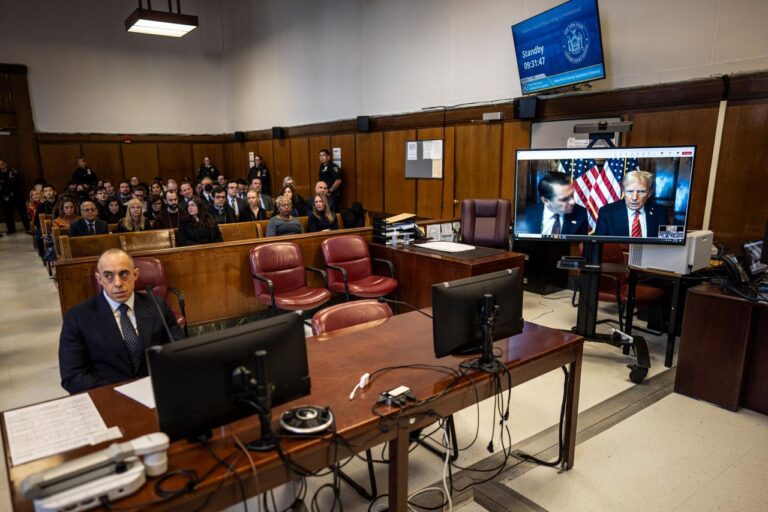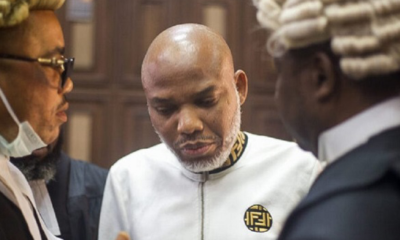National News
Court sentences president-elect in hush money case

The United States President-elect, Donald Trump, has been sentenced to unconditional discharge following his conviction last year on 34 counts of business fraud linked to a hush money payment to Stormy Daniels during the 2016 presidential campaign.
The sentence means Trump will not face imprisonment, fines, or probation. However, his conviction remains, making him the first U.S. president-elect to enter office as a convicted felon. Prosecutors supported the decision, stating in court on Friday, “we must be respectful of the office of the presidency” and mindful of Trump’s upcoming inauguration.
Initially scheduled for July, the hearing was delayed after Trump successfully petitioned the courts. He also sought an emergency intervention from the U.S. Supreme Court to postpone his sentencing — a rare move that leaned on a previous ruling granting him broad immunity from criminal prosecution. However, the Supreme Court declined his request on Thursday, clearing the way for Friday’s sentencing.
The outcome, widely anticipated, leaves Trump a convicted felon but spares him from any further penalties. Prosecutors had emphasized the unique circumstances of the case and Trump’s position as president-elect in their recommendation for leniency.
Trump remained silent as Judge Juan Merchan delivered the ruling.
-

 National News2 days ago
National News2 days agoINEC’s exclusion of Julius Abure praised as victory for democratic accountability
-

 Politics2 days ago
Politics2 days agoPDP Chairman, Damagun’s spokesperson resigns
-

 Opinion2 days ago
Opinion2 days agoOsun APC guber ticket: Aspirants emerge, battle lines drawn
-

 Politics2 days ago
Politics2 days ago2027: We’re ready to unseat APC – PDP
-

 Crime and Law2 days ago
Crime and Law2 days agoBreaking: kidnapped Benue Links passengers regain freedom
-

 National News1 day ago
National News1 day agoPresidency fires back at Peter Obi, defends Tinubu’s trip to Saint Lucia
-

 Education1 day ago
Education1 day agoWe have no record of FUTA graduate — JAMB insists
-

 National News22 hours ago
National News22 hours agoBreaking: PDP shifts BoT meeting to Yar’Adua Center as confusion grows over “management” signature
































